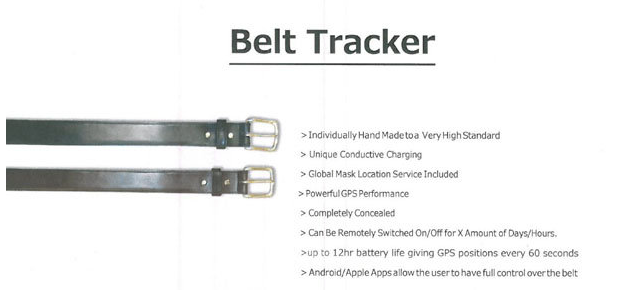Counter-espionage Law of the People's Republic of China (interesting highlights)
Adopted at the 11th meeting of the Standing Committee of the Twelfth National People's Congress on November 1, 2014.
- Chapter I: General Provisions
Article 4: Citizens
of the People's Republic of China have a duty to preserve national
security, honor and interests; and must not endanger national security,
honor or interests. All
State organs, armed forces, political parties and public groups, and
all enterprises and organizations, have the obligation to prevent and
stop espionage activities and maintain national security. State
security organs must rely on the support of the people in
anti-espionage efforts, mobilizing and organizing the people to prevent
and stop espionage conduct threatening state security .
- Chapter II: Functions and Powers of State Security Organs in Anti-Espionage Efforts
Article 12: As
needed for investigation of espionage activities, and on the basis of
national provisions, state security organs may employ technological
investigative measures upon strict formalities for approval.
Article 13: National
security organ counterintelligence work, organizations and individuals
can check electronic communication tools, equipment, and other equipment
and facilities in accordance with the regulations. Where situations
harmful to state security to national security are discovered in the
course of an inspection, the state security organ shall order
rectification; and where rectification is refused or after the
rectification requirements are still not met, they may be sealed or
seized.
Where
situations harmful to state security to national security are
discovered in the course of an inspection, the state security organ
shall order rectification; and where rectification is refused or after
the rectification requirements are still not met, they may be sealed or
seized.
- Chapter III: The Duties and Rights of Citizens and Organizations
Article 19: State
organs, groups and other institutions shall educate their units'
personnel on the maintenance of State security, and mobilize and
organize them to prevent and stop espionage activity.
Article 20: Citizens and organizations shall facilitate and provide other assistance to anti-espionage efforts.
Article 25: Individuals and organizations must not
illegally hold or use special-purpose spy equipment needed for espionage
activities. Special-purpose spy equipment will by verified by the State
Council department responsible for national security in accordance with
relevant national provisions.
- Chapter IV: Legal Liability
Article 31: Where state secrets relating to
anti-espionage efforts are disclosed, the state security organs give 15
days of administrative detention; where it constitutes a crime, criminal
liability is pursued in accordance with law.
Article 32: For those in unlawful possession of state
secret documents, materials and other items, as well as those who
unlawfully possess or utilize specialized spying equipment, state
security organs may conduct a search of their person, items, residence
and other relevant locations in accordance with law; and confiscate the
state secrets documents materials and other items they unlawfully
possessed, as well as the specialized spying equipment they possessed or
utilized. Where the unlawful possession of state secrets documents,
materials or other materials constitutes a crime, pursue criminal
responsibility in accordance with law; where it does not constitute a
crime, state security organs give warnings or administrative detention
of up to 15 days.
- Chapter V: Supplementary Provisions
Article 38: Espionage conduct as used in this law refers to the following conduct...
more
 Well, earlier this fall during BYO Cup Day in Australia, 7 Eleven, along with its agency Leo Burnett Melbourne, took the cup idea up a notch by allowing consumers to fill up radio ads with Slurpee.
Well, earlier this fall during BYO Cup Day in Australia, 7 Eleven, along with its agency Leo Burnett Melbourne, took the cup idea up a notch by allowing consumers to fill up radio ads with Slurpee.
































